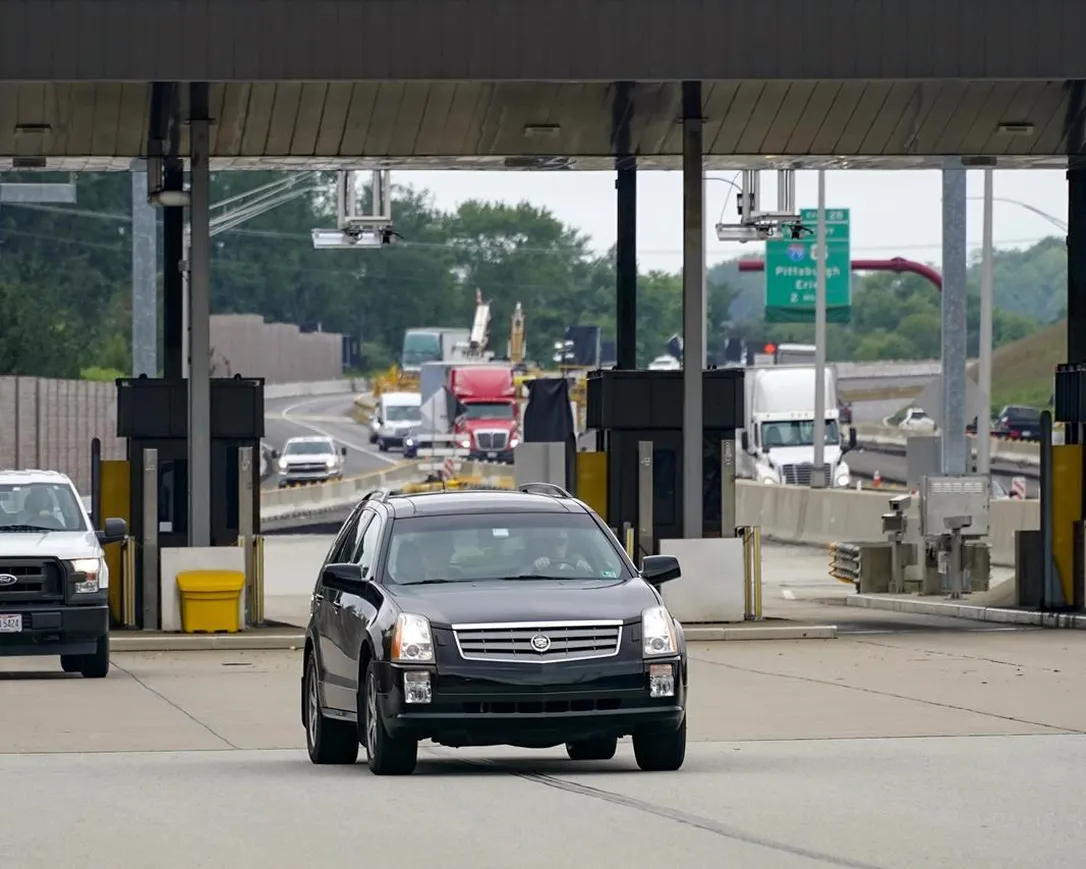The Future of Mass Tolls

As our world becomes increasingly interconnected, the need for efficient transportation systems grows more pressing by the day. One of the most common methods of funding these systems is through tolls, which are fees charged to drivers who use certain roads or bridges. However, as technology advances and society evolves, a new form of tolling has emerged: mass tolls. These tolls charge drivers based on their mileage rather than a flat fee, and they have been gaining popularity in recent years. In this article, we will explore the pros and cons of mass tolls and discuss their potential impact on our transportation systems in the future.
Defining Mass Tolls
Mass tolls refer to the practice of charging drivers a fee for using specific roads or highways. These tolls are typically collected electronically, with drivers either having a transponder in their vehicle that is automatically charged or receiving a bill in the mail based on license plate recognition technology. Mass tolls can be used to fund road maintenance and construction projects, as well as to manage traffic flow by encouraging drivers to use alternative routes during peak hours.
Mass tolls have been used for decades in many countries around the world, including the United States. They are often implemented on major highways and bridges where there is high traffic volume and significant wear and tear on infrastructure. While mass tolls can generate revenue for transportation projects, they can also be controversial due to concerns about equity and accessibility. Some argue that mass tolls disproportionately impact low-income individuals who may not be able to afford the fees, while others believe that they unfairly burden those who must commute long distances for work or other obligations.
The Pros of Mass Tolls
When it comes to discussing the pros of mass tolls, there are several key benefits that cannot be ignored. Firstly, mass tolls provide a reliable source of revenue for governments and transportation authorities. This revenue can then be used to fund much-needed infrastructure projects, such as road repairs and new construction.
Secondly, mass tolls can help to reduce traffic congestion on busy roads and highways. By charging drivers for using certain routes at peak times, authorities can encourage people to travel during off-peak hours or use alternative modes of transportation. This not only helps to ease congestion but also reduces air pollution and improves overall traffic flow.
Finally, mass tolls can be an effective way of encouraging people to switch to more environmentally friendly vehicles. By offering discounts or exemptions for electric or hybrid cars, for example, authorities can incentivize people to make greener choices when it comes to their transportation options.
Overall, while there are certainly some drawbacks associated with mass tolls, the potential benefits cannot be ignored. From reducing traffic congestion and improving air quality to providing a reliable source of revenue for infrastructure projects, there are many reasons why mass tolls may play an important role in the future of transportation.
The Cons of Mass Tolls
While mass tolls have their benefits, they also come with some significant drawbacks. One of the most significant cons of mass tolls is that they can be a financial burden on low-income individuals and families. Tolls can add up quickly, especially for those who must commute long distances to work or school every day. This can lead to financial stress and make it difficult for people to make ends meet.
Another downside of mass tolls is that they can create traffic congestion and delays at toll booths. This not only wastes time but also contributes to air pollution and greenhouse gas emissions from idling cars. Additionally, toll booths can be dangerous for drivers, as accidents can occur when vehicles are forced to slow down or stop suddenly.
Finally, there is the issue of privacy concerns with electronic tolling systems. Drivers may feel uneasy about having their movements tracked and recorded by these systems, which could potentially be used for surveillance purposes in the future.
Overall, while mass tolls have their advantages in terms of generating revenue for transportation infrastructure projects, they also come with some significant downsides that must be carefully considered before implementing them on a large scale.
The Impact of Mass Tolls
Mass tolls have a significant impact on the transportation industry and society as a whole. One of the most notable impacts is the reduction of traffic congestion. With mass tolls in place, drivers are more likely to carpool or use public transportation, which ultimately reduces the number of vehicles on the road. This reduction in traffic not only decreases travel time but also improves air quality by reducing emissions.
Another impact of mass tolls is the generation of revenue for infrastructure improvements. The funds collected from tolls can be used to maintain and expand highways, bridges, and other transportation infrastructure. This can lead to safer roads and increased economic growth through improved access to goods and services.
However, there are also potential negative impacts of mass tolls. Some argue that they disproportionately affect low-income individuals who may not be able to afford the additional cost of tolls. Additionally, there may be unintended consequences such as increased traffic on alternative routes or decreased usage of certain roads altogether.
Overall, while there are both positive and negative impacts associated with mass tolls, it is clear that they play an important role in shaping the future of transportation infrastructure and sustainability efforts.
Conclusion
In conclusion, the future of mass tolls is a topic that requires careful consideration and analysis. While there are certainly benefits to implementing this system, such as increased revenue for infrastructure projects and reduced traffic congestion, there are also significant drawbacks to consider. These include the potential for increased costs for drivers and concerns about privacy and data security.
Ultimately, the decision to implement mass tolls will depend on a variety of factors, including political will, public opinion, and technological advancements. As we move forward into an increasingly connected world, it is important that we carefully weigh the pros and cons of any new system before making a decision that could have far-reaching consequences. By doing so, we can ensure that our transportation infrastructure remains safe, efficient, and sustainable for generations to come.






